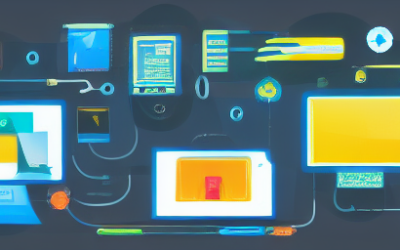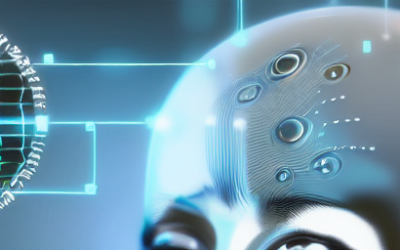Digital technologies are electronic tools, systems, devices and resources that generate, store or process data. Digital technologies are revolutionizing the way we live, work and communicate. They are providing new ways for us to be creative, connected, and productive. From social media and cloud computing to 3D printing and virtual reality, digital technologies are changing the way we interact with the world.
Tech Blog
Tech Insights, Information, and InspirationThe Top 10 Emerging Technologies
Emerging technologies are those technical innovations which represent progressive developments within a field for competitive advantage. In the business world, the term has come to mean technologies which are expected to have a major impact on the way companies operate.
Artificial Intelligence: The AI Revolution
The AI revolution is upon us. It’s time to embrace the change and learn about the amazing possibilities that artificial intelligence brings to the table. This technology is going to change the way we live, work and interact with the world around us. Are you ready for the future?
AI: Computer Vision
Computer vision is a field of AI that deals with teaching computers to interpret and understand digital images. Just like humans, computers can learn to identify objects, faces, and scenes in images. This technology is used in a variety of applications, including self-driving cars, facial recognition, and image search.
A Guide to Chatbots
There are many benefits to using chatbots in business. They can help you automate customer service, marketing, and sales tasks. Chatbots can also help you collect data and track customer engagement.
Federated Learning
Federated learning is a type of machine learning where data is distributed among different devices, instead of being centralized in a single server. Devices can be trained locally on their own data, and then share their model updates with each other, without sharing the underlying data.
Natural Language Processing (NLP) Technology
Natural language processing (NLP) is a subfield of linguistics, computer science, information engineering, and artificial intelligence concerned with the interactions between computers and human (natural) languages, in particular how to program computers to process and analyze large amounts of natural language data.
ML | Geometric Deep Learning
Geometric deep learning is a type of machine learning that is based on geometric data, such as images, 3D models, and point clouds. It is a relatively new field that is growing rapidly due to the increasing amount of data that is available in these formats.
Get In Touch
UseTech Design, LLC
TROY, MI • BLOOMFIELD HILLS, MI
Call or text +1(734) 367-4100








